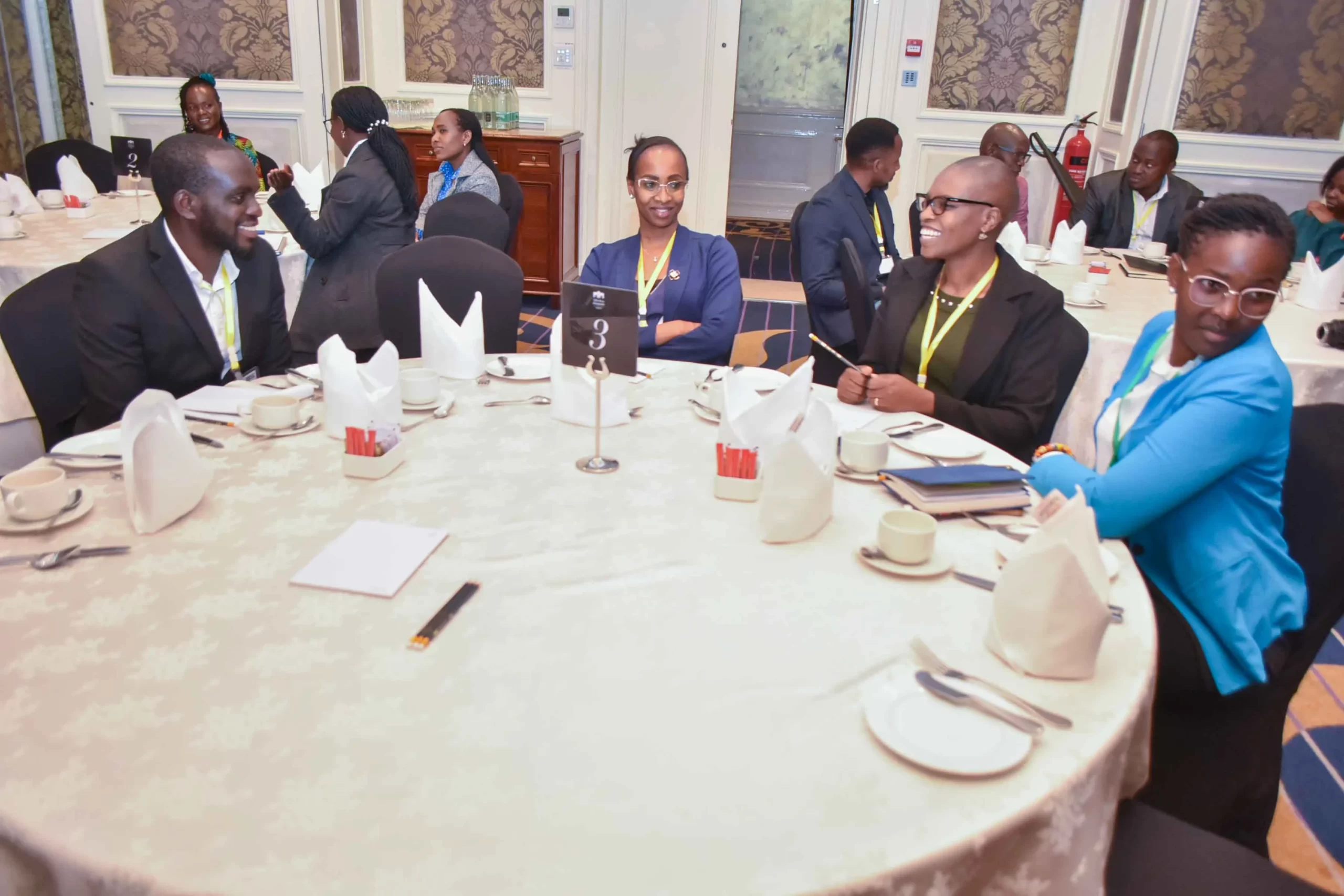On May 24th, Harley Reed Kenya organized a Heads of Procurement and Supply Chain Breakfast Meeting at Villa Rosa Kempinski, bringing together procurement leaders from diverse sectors including humanitarian aid, financial services, manufacturing, health, transport, and media. The event’s highlight was a keynote address by Harley Reed Group CEO, William Tagoe, titled ‘Driving Value Through Change’.

William Tagoe, Keynote Speaker at the Procurement Leaders Network
Tagoe’s speech was both timely and insightful, focusing on three critical elements for procurement leaders to drive value: understanding the evolving environment, defining value, and utilizing the appropriate tools for change.
Tagoe emphasized the need for procurement leaders to comprehend the macro and micro pressures influencing the 21st century. These include socio-cultural, technological, economic, environmental, political, legal, ethical, and demographic trends. For instance, issues like political instability, climate change, resource depletion, and population growth are reshaping the landscape in which procurement operates.
Defining value in procurement goes beyond cost savings. It involves understanding procurement’s worth and role within an organization. Furthermore, Tagoe highlighted challenges like accurate spending data and compliance issues. Supply chain disruptions and ESG considerations also add complexity to achieving value. Moreover, he posed essential questions for procurement leaders. What do key stakeholders consider valuable? Do procurement processes align with strategic objectives? These reflections emphasize aligning procurement goals with broader business strategies.
To deliver value, procurement leaders need the right toolkit, which includes strategy, people, and technology. Tagoe outlined a functional capability model that assesses the level of influence the procurement function has over strategic direction and key business decisions. This involves leveraging technology and spending data to enable better procurement processes and ensuring that the procurement team has the appropriate level of resources and capability.
One major takeaway from the event was the realization that procurement supports every other function in an organization but often lacks representation at the executive level. Tagoe stressed the importance of procurement leaders having a seat at the table to drive meaningful impact. However, he noted that this change must start from within the procurement community by shifting the narrative and demonstrating the strategic value of procurement.

Harley Reed Kenya
The Heads of Procurement and Supply Chain Breakfast Meeting provided valuable insights and actionable strategies for procurement leaders. By understanding the changing environment, defining value effectively, and utilizing the right tools for change, procurement professionals can drive significant value and impact within their organizations.

The discussions also highlighted the importance of aligning procurement strategies with business strategies, engaging stakeholders, and fostering collaboration across functions. Tagoe’s insights underscored the need for procurement leaders to be proactive in addressing the challenges and opportunities in their field to drive sustainable value.
The Procurement Leaders’ Breakfast Meeting is a prestigious event series by Harley Reed Group, uniting procurement and supply chain leaders. Held in the UK, Kenya, Ivory Coast, and now Ghana, these events foster collaboration. They provide a space to share insights, discuss challenges, and exchange experiences. These gatherings drive strategic innovation and value in procurement.
Harley Reed is a Pan-African company offering consulting services and professional training in knowledge and procurement for companies. Our mission is to guide organizations through procurement and supply chain challenges with expert consultancy and tailored training solutions.
Join Harley Reed as we continue to drive innovation and excellence in procurement and supply chain management.